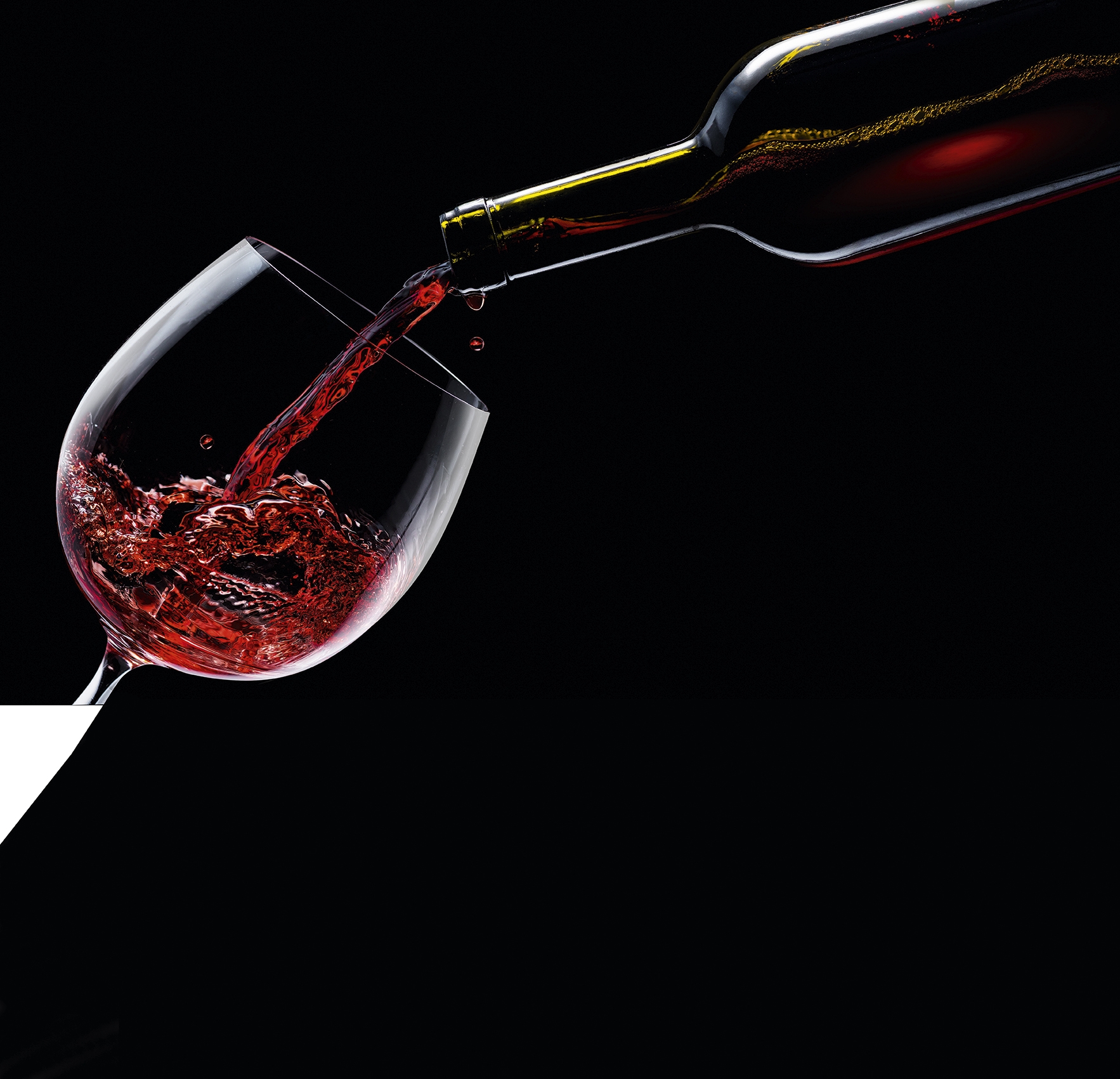Get Premium access to all the latest content online
Subscribe and view full print editions online... Subscribe
The sun-drenched grape in spicy, powerful Provençal and Spanish reds is a perfect match for roasted or slow-cooked red meat
THE GRAPE
This dark red, thick-skinned, tannic grape forms the backbone of Châteauneuf-du-Pape but plays a supporting role to grenache and cinsault in the Rhne. Mourdre reaches its nest epression in the single-varietal wines of Bandol, east of Marseille, and lends heft to Languedoc blends too. In Spain, where it is called monastrell, it is the country’s second most important red grape variety. Mourvèdre was formerly known as mataro in cheap blends from California and Australia, but it’s increasingly used in both to produce Rhne-style wines of nesse.
THE TASTE
Full-bodied, spicy and powerful, the bottle-aged wines of Bandol
drip with a spectrum of inky, purpley avour blackberry, liuorice
and violet, plus meat so gamey it might be road kill. The grape’s
intense avour can be softened by being blended with merlot
and syrah, as is often the practice in Spain.
THE PAIRINGS
The meaty reds of Bandol are possibly the last thing one would
wish to drink on a scorching afternoon on the Côte d’Azur
(mourvèdre rosé is rather more appealing in the heat) but,
transplanted to a chilly day in the UK, these are classic cool-
weather wines. Think red wine to go with red meat and you won’t
go wrong roast lamb, medium-rare sirloin, pasta in a rich rag
or something provincial, French and slow-cooked from Elizabeth
David daube de boeuf, perhaps. Nice with a barbecue too.
THE VINES
Mourvèdre needs hot summers to ripen reliably – which is not an issue on the south-facing slopes of Bandol, where many vineyards are planted on terraces basking in the shimmer of the Mediterranean, and the warmest plots of the Languedoc. The late-ripening grape also thrives on the sun-drenched Spanish coast between Valencia and Alicante known as the Levante.

This article was taken from the March 2024 issue of Food and Travel. To subscribe today, click here.
Enjoy Châteauneuf-du-Pape but don’t have a Vatican bank account? Spanish monastrells such as this organic version, grown on rocky, limestone soils, offer great value and all of mourvèdre’s full-bodied, spicy bramble.
Available at:£8.50, coop.co.uk
Intense black fruit, savoury tannins and spicy herbs hit the Bandol bull’s-eye at a price that, while hardly bargain bin, is an approachable entry for one of southern France’s most evocative appellations.
Available at:£16.99, waitrosecellar.com
Domaine Tempier is the signature vineyard of Bandol, and the Peyraud family’s wines conjure the promise of sea breezes and sunlight as powerfully as they taste of dark fruit and dried lavender. A bottle costs as much as an EasyJet flight to Marseille, admittedly, but is a lot more enjoyable.
Available at:£40.40, leaandsandeman.com
With 10 per cent grenache and 5 per cent cinsault, this mourvèdre- dominant blend displays an appealing delicacy, with fragrant rose and strawberry notes softening the meaty intensity, and a clean finish of chocolatey mint: like eating steak followed by an After Eight. Easy- drinking now but could last another 30 years.
Available at:£57.49, haywines.co.uk
Subscribe and view full print editions online... Subscribe